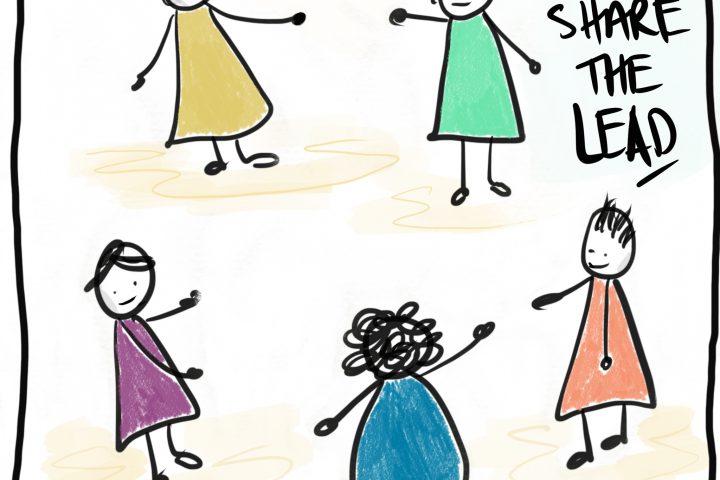[edit Nov 14 2011: Now it is the USA, and people are getting clear about what they want. Need a stop button!]
London is burning. The world saw an Arab Spring, and in London and San Francisco — across Europe and North America — we celebrated other people’s civil discontent as a sign of positive transformation. Why are we not celebrating our own civil unrest?
One reason is that, unlike the protests against cuts in student benefits earlier in the year, there are no clear causes being promoted. The people looting shops and starting fires have no signs, no social media groups — their only communiqués are the mime of street violence. The spark — a vigil-cum-protest-cum-riot — was a response to the shooting death of a Tottenham local at the hands of police. The rioters are not carrying that cause however, not relying on even that tissue-thin excuse. There is no pretense.
I often wonder about the madness of crowds, the emergent violence. It can be cultivated, the way lynch mobs and the Rwandan genocide were cultivated by murderous leaders. It can also simply tip over the edge, with no visible leader, no single individual clearly stoking the flames. If we ever get public access to the Blackberry messages that have apparently been the primary coordinating medium for young looters, I suspect that there will be some people who wrote more messages than others but no clear organising center.
I wonder, “how did we not see it coming?” A colleague of mine who grew up in London and pays attention to such things was explaining to me that there have been crisis reports from people who work with youth. Young people living on the financial edge of British society have recently lost funds for taking the bus to school. 13 out of 15 youth clubs have been shut down around the Tottenham area and across the country youth services and youth clubs in particular, have been slashed as part of the austerity measures following the banking bailout. They know they will soon have a choice between seeking shrinking government subsidies and or throwing themselves into a shrinking job market. They see the price of education leaping beyond what they imagine possible. They are losing what future they imagined they had. I remember the easy violence of teenage boys in my privileged private school — what do we expect from those who are losing hope?
I do not in any way mean to excuse the violence, or to imply that we ought to accept violence against ourselves, our loved ones, our neighbours or our property. I am more interested in avoiding a world where such violence surprises us.
In a lean manufacturing plant, any worker on the line can pull a chain or press a button and stop all work. If there is a flaw that cannot immediately be repaired — a car with a broken component, let us say — then it is her duty to press the button. We might imagine that such a right, such a duty, would make lean manufacturers incredibly inefficient. Instead, it gives them a very high quality level, and means that the system very quickly evolves to eliminate the things that produce broken components (and stopped manufacturing plants).
Unfortunately, our society does not have such a chain. The youth on the streets are doing the inexcusable (well, they are not yet committing mass murder, so let us be thankful, but still…). Still, when could they have pulled a chain or pushed a button to stop the machinery of state? We need a feedback mechanism that cannot be ignored.
For years, protesters, academics and business people have been pointing out the problems in our global economy and financial system. In 2007 the global economy began to collapse; we have not recovered yet, but we continue with the same monetary systems, the same banks, the same political dynamics. We have used democracy to change governments; people have raised their voices in the streets and yet the system goes on. It is as though the assembly line has been turning out car after car, each one with the same fault. Each one, driven down the road, catches fire. Workers protest, and are fired. The company is losing customers, the shareholders are complaining, everyone knows the system is broken — but management is well paid, and the assembly line does not stop.
Policy decisions must have a built-in “stop button.” If it endangers our future, our ability to do what we are here to do, we need to be able to raise a paramount objection and stop production until the fault is fixed. The idea is simple. It works in government, community groups, and industry. Children can use the system. If you want examples, just search online for “sociocracy” or “dynamic governance”. Hundreds of organisations are successfully governing themselves by giving everyone a voice in policy-making, and giving every participant a chance to press the stop button.
I know we could do this throughout our society. But I think we won’t. I think that the current systems, built without stop buttons, will for the most part slump ever further into collapse until we cannot support them anymore. Young people will burn more neighbourhoods — not because it is the right thing to do, not because they understand what is happening in the system any better than anyone else, but because violent mime is the closest thing to a stop button they can find. Then, the organisations that have built in feedback systems they cannot ignore, organisations that can’t help learning because nothing else gets the machines working again — sociocratic, lean, agile, cooperative organisations — will pick up the pieces.


